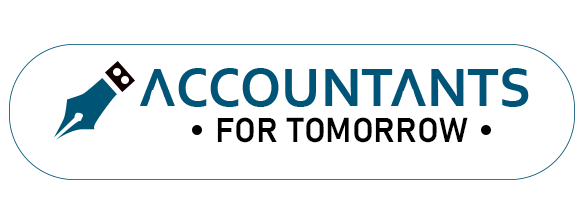
Every year on February 20th, the world observes World Social Justice Day, a day dedicated to promoting fairness, equality, and the eradication of poverty. In the context of business and finance, World Social Justice Day plays a critical role in fostering ethical practices, ensuring financial inclusion, and advancing sustainable economic growth. For professionals pursuing the Chartered Institute of Management Accountants (CIMA) qualification, understanding and advocating for social justice is not just a moral duty but also a strategic advantage in today’s evolving corporate landscape.
The Intersection of Social Justice and Management Accounting
CIMA professionals play a key role in decision-making across businesses, government entities, and non-profits. They ensure transparency, accountability, and sustainability—core principles of social justice.
Ethical Financial Management: Social justice calls for fair treatment of all stakeholders. CIMA professionals uphold ethical standards in financial reporting, budgeting, and investments. Their work helps prevent corruption and mismanagement.
Sustainability and Corporate Responsibility: Businesses must do more than make profits. CIMA professionals help create sustainable models that follow environmental, social, and governance (ESG) principles. This ensures companies contribute positively to society.
Financial Inclusion and Economic Empowerment: Many communities lack access to financial services. CIMA professionals can support inclusive financial strategies like microfinance and social entrepreneurship to reduce economic disparities.
CIMA’s Commitment to Social Justice
CIMA’s professional code of ethics emphasizes integrity, objectivity, and professional competence, all of which support the broader world social justice day and ethical finance agenda. Additionally, the institute encourages members to engage in corporate social responsibility (CSR) initiatives, supporting businesses that prioritize social impact.
Moreover, CIMA qualifications prepare professionals to navigate the complexities of global economies, where issues like fair trade, equitable taxation, and responsible investing directly influence social justice outcomes.
How CIMA Professionals Can Advocate for Social Justice
- Promote Fair Work Practices: Ensure that organizations adhere to fair wages, ethical labor practices, and diversity and inclusion policies.
- Drive Sustainable Decision-Making: Integrate sustainability reporting and ethical investment strategies into business operations.
- Support Financial Literacy Initiatives: Educate underserved communities on budgeting, saving, and investment strategies to promote economic empowerment.
- Engage in Policy Advocacy: Use financial expertise to advise policymakers on equitable economic policies that promote inclusive growth.
Conclusion
World Social Justice Day highlights the finance sector’s role in creating a fairer world. Businesses and finance professionals must contribute to equity and justice. For CIMA students and professionals, aligning financial strategies with social justice is more than compliance. It’s about building a sustainable future. By upholding ethics, promoting responsible financial management, and driving inclusive growth, CIMA professionals become agents of positive change.







